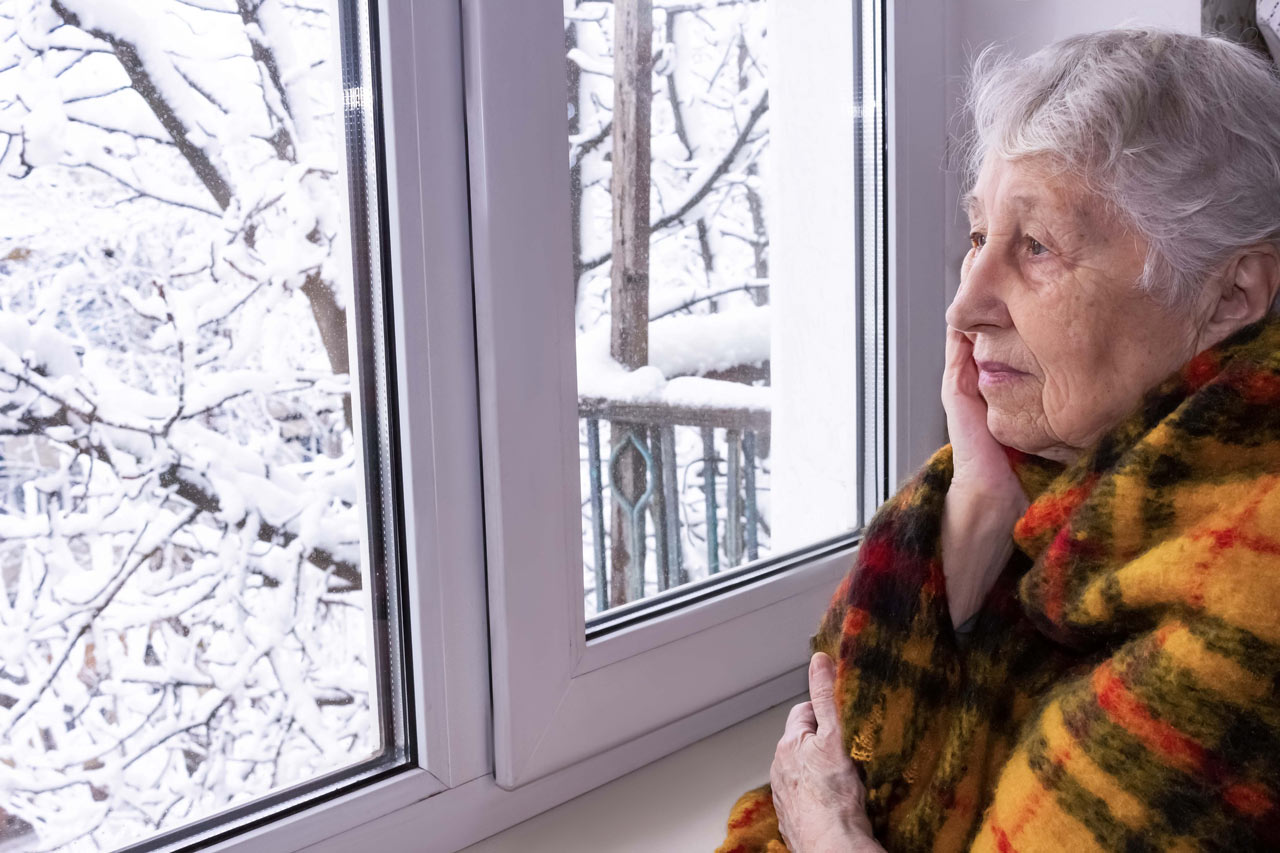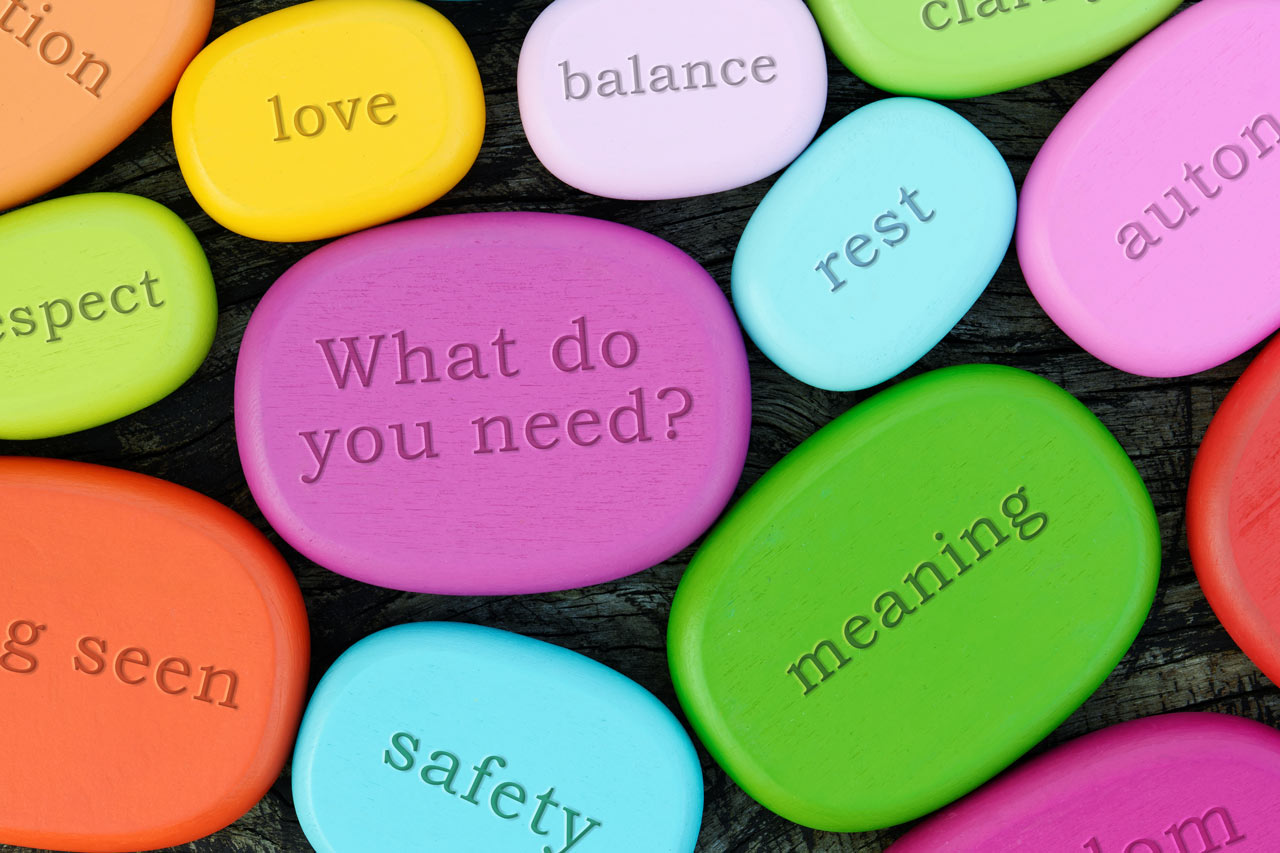When a patient is sentient and is in great discomfort and/or pain, it’s up to the caregiver to ensure that she is soothed and calmed. This is sometimes very hard to do.
The patient, young or old, may perseverate. That means repeating an action or words even after the stimulus for it is gone. That might mean your mother repeatedly asking for a blanket when she already has one. Stroking the hands of the patient, playing soft music, and massaging the limbs with cream can help. Logic and explanations will not help if a person is perseverating. It’s a psychological state.
You want the patient to relax but for whatever medical or psychological reason, the patient won’t. What can you do under these frustrating circumstances? Not much. For some people, soft talk describing the environment and who is there will work. Mama, you are here with x, y, and z. Several nurses are trying to make you comfortable. The doctor will be here shortly once again. He’s already given you/done ____ to make you feel better. There is a whole team in a nearby room conferring about how best to make you feel better. There are drips and other medications being given to you to help. Try to keep talking about all the things being done for the benefit of the patient. Name people who love the patient and care about her. Keep going beyond immediate family. It’s hard to keep it up for some time, but it may be soothing and might even put the patient to sleep.
Offering choices and asking questions of the patient are not the way to go. The patient is not in a state to articulate an answer; it’s not a time for logic or information. The patient is in a passive state and may not think logically. Nor will she necessarily recall things later. Keep things calm and the environment gently soothing even if you are tense and worried. Aromatherapy is a good option for such a time. Lavender oil and other soothing oils can be diffused in the room. Certainly, they will mask unpleasant odors and astringent smells. Holding space for gentleness is good for everyone. So, turn off the ringers and go outside the room to speak.
Most family caregivers spend a lot of time in a sick room or hospital room or right outside the door during a crisis. It’s hard on the legs and on the emotions. It may feel good to be distracted by a phone’s apps and social media. But it’s not calming. Calling a dear one, chatting with others also in crisis, praying, and meditating are options that work well for some folks. It’s a hard enough time as it is. Do not make it harder for yourself. Do what works to keep yourself calm and centered.
More articles on caring for a loved one from Caring Professionals:





